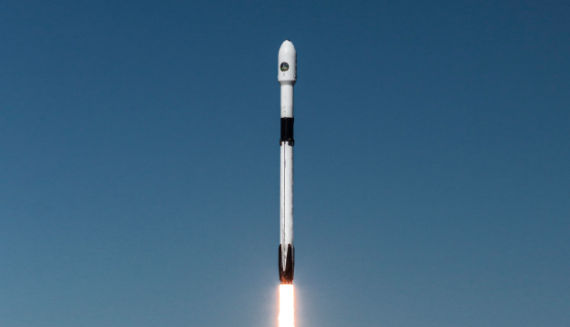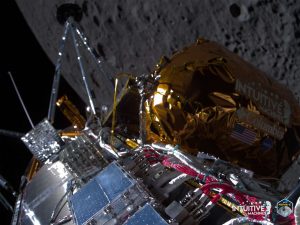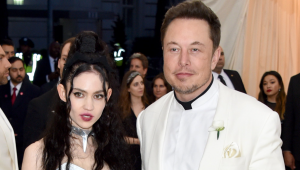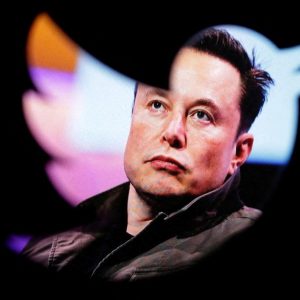SpaceX’s Falcon 9 rocket launched 49 Starlink satellites into their orbits on Thursday from NASA’s Kennedy Space Center in Florida, marking yet another success in an increasingly impressive-looking career.
The rocket, which has been launched thrice this week itself, has carried out multiple successful launches and payload deliveries in the last couple of months, and is set for several more launches in the weeks to come.
Amid the flurry of activity involving the rocket, several major milestones have gone by unnoticed, reports ArsTechnica.
Also read | International Space Station to be retired in 2031 after 3 decades in orbit
The Falcon 9, in a little over a decade since its introduction, has flown an impressive 140 times, and has recorded only two failures thus far. The only mission that the rocket failed was a supply mission to the International Space Station (ISS) in June 2015; the other failure was a pre-flight failure during a static fire test in September 2016 that resulted in destruction of both the rocket and its AMOS-6 satellite.
Since the failure, however, SpaceX’s workhorse has completed a record 112 successful missions in a row, including Thursday’s success and does not look like slowing down any time soon. Its record of 112 successful consecutive missions has surpassed that of the Russian Soyuz-U and the American Delta II, both of which had 100 each.
Further, in January 2022, the Falcon 9 hit a commendable milestone of surpassing the record of 135 launches held by NASA‘s space shuttles over three decades in one-third the time.
Also read | Mysterious bright glow seen in Karachi skies | Watch
The Falcon 9, however, has yet to cross the Delta II’s record of 155 launches, of which two failed. The king of rockets in terms of overall launches, however, remains the Russian Soyuz series of rockets that have been in use since 1957, with over 1,900 launches and 100 failures.
That being said, what perhaps makes the Falcon 9’s streak even more impressive is because SpaceX reuses its boosters. ArsTechnica reports that the company has pushed some of its boosters to fly a mind-blowing 11 flights, and Elon Musk has openly admitted that he and his company are trying to push the technology to find its limits.







